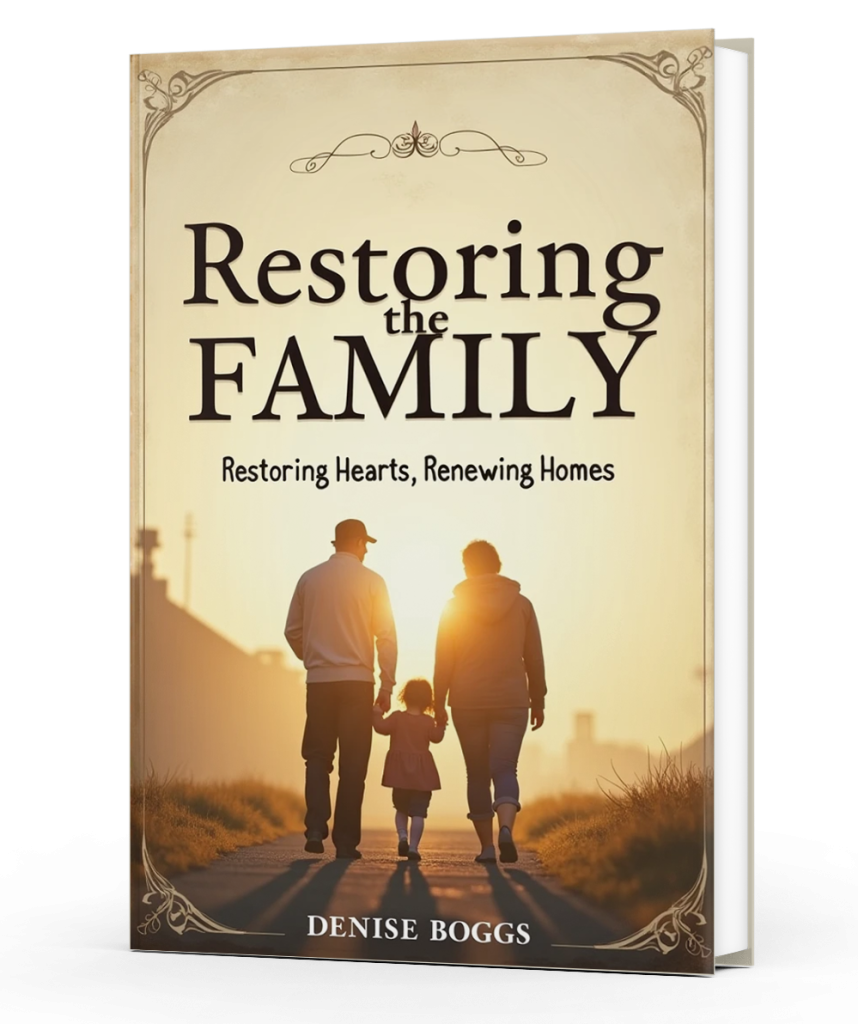Is Your Home a ‘Safe Place’? The Key to Healing Family Relationships
Family is often referred to as the cornerstone of society, a sanctuary where individuals can find solace, support, and unconditional love. But what happens when the home, the very place meant to be a refuge, becomes a battleground of unresolved conflicts, emotional disconnection, and lingering trauma? For military families, this is a reality that many face, where the harshness of military culture can seep into the home, disrupting the life flow that is essential for emotional healing and healthy relationships. The key to reversing this damage lies in creating a “Safe Place” at home—a space where every family member feels secure enough to express their feelings, confront their pain, and begin the journey towards healing.
The Impact of Military Culture on Family Life
Military culture is built on discipline, resilience, and emotional detachment—qualities that are crucial for survival in combat but can be destructive when carried into family life. Soldiers are trained to suppress their emotions, to remain detached from the hardships they face, and to always stay alert and suspicious. While these traits may serve them well on the battlefield, they often create a chasm of emotional disconnection within the family. Veterans may return home physically, but their hearts and minds remain on the battlefield, unable to reconnect with their loved ones.
This emotional detachment, learned and reinforced during military service, often leads to a breakdown in communication and trust within the family. The “Don’t Talk, Don’t Feel, Don’t Trust” rules, which are ingrained in military culture, can continue to dictate interactions at home, making it difficult for family members to engage in meaningful conversations or express their emotions freely.
What Is a ‘Safe Place’?
A “Safe Place” in the context of family relationships is more than just a physical environment—it is an emotional and spiritual sanctuary where trust, open communication, and unconditional love prevail. It is a space where every member of the family feels valued, heard, and safe enough to express their true feelings without fear of judgment, criticism, or rejection.
Creating a “Safe Place” involves dismantling the walls of emotional detachment that have been built up, often over years of military service and trauma. It requires a conscious effort to foster an environment of understanding, where each person’s pain is acknowledged, and where healthy, loving communication is encouraged.
The Role of Communication in Healing
Communication is the lifeblood of any healthy relationship, but in a military family, it can often be stunted by the remnants of military culture. Veterans may struggle to express their emotions, while their spouses and children may feel alienated or misunderstood. This lack of communication can lead to a cycle of frustration, anger, and further disconnection.
To break this cycle, it is essential to learn how to “speak the truth in love,” as outlined in Ephesians 4:15. This biblical principle emphasizes the importance of communicating openly and honestly, but with a tone of respect and love. For a veteran, this might mean sharing their struggles and fears without resorting to anger or defensiveness. For their spouse, it might mean listening without interrupting or taking offense.
When both partners in a marriage learn to communicate in this way, they create a “Safe Place” where their children can also feel secure enough to express their emotions. In such an environment, problems are addressed as they arise, and the family learns to resolve conflicts in a mature, respectful manner, rather than through blame or avoidance.
Overcoming Emotional Disconnection
One of the most significant challenges for military families is overcoming the emotional disconnection that often accompanies service. Emotional disconnection begins in boot camp, where recruits are taught to detach from their families and focus solely on their military duties. This disconnection may become so ingrained that even after leaving the military, veterans struggle to reconnect emotionally with their loved ones.
Overcoming this disconnection requires an intentional effort to re-engage with family members. This can start with simple steps, such as spending quality time together, engaging in meaningful conversations, and showing appreciation for each other. Veterans may also need to confront their past trauma and seek healing through counseling, prayer, or support groups.
It’s important to understand that reconnecting emotionally is a process that takes time and patience. Family members should be prepared to give each other the space and grace needed to heal, without rushing or forcing the process. As the veteran begins to reconnect emotionally, the family unit can start to heal, and the home can once again become a sanctuary of love and support.
Breaking the ‘Don’t Talk, Don’t Feel, Don’t Trust’ Rules
The “Don’t Talk, Don’t Feel, Don’t Trust” rules are survival mechanisms in the military, but they are counterproductive in family life. These rules keep pain buried, prevent emotional healing, and create an atmosphere of distrust and isolation. To create a “Safe Place,” these rules must be broken.
**Breaking the ‘Don’t Talk’ Rule:**
Encourage open communication by creating a safe environment where each family member can share their feelings without fear of retribution. This means listening with empathy and without interrupting, allowing the other person to fully express themselves. It also involves sharing your own feelings honestly, but with love and respect.
**Breaking the ‘Don’t Feel’ Rule:**
It’s essential to validate each family member’s emotions, rather than dismissing or minimizing them. Encourage each other to express how they feel, even if those feelings are difficult or uncomfortable. This can be especially challenging for veterans who have been conditioned to suppress their emotions, but it is a crucial step towards healing.
**Breaking the ‘Don’t Trust’ Rule:**
Trust is the foundation of any strong relationship, but it can be hard to rebuild after years of emotional disconnection. Rebuilding trust requires consistency, honesty, and a willingness to be vulnerable. It also involves forgiving past hurts and choosing to move forward in a spirit of grace and understanding.
The Role of Prayer and Faith
For many military families, faith plays a central role in their journey towards healing. Prayer can be a powerful tool in creating a “Safe Place,” as it allows family members to seek God’s guidance, wisdom, and strength in their relationships. Praying together as a family can also help to strengthen bonds, foster unity, and create a sense of peace and security in the home.
In addition to prayer, reading and meditating on scripture can provide valuable insights and encouragement. Verses such as Ephesians 4:15, which speaks of communicating in love, and Proverbs 15:1, which advises that a gentle answer turns away wrath, can serve as guiding principles in the effort to create a “Safe Place.”
Creating a ‘Safe Place’ for the Next Generation
The impact of creating a “Safe Place” at home extends far beyond the immediate family. By breaking the cycle of emotional disconnection and fostering a healthy, loving environment, military families can set a positive example for the next generation. Children who grow up in a “Safe Place” are more likely to develop strong emotional health, resilience, and the ability to form healthy relationships in their own lives.
Moreover, as veterans and their families heal, they can also become a source of support and inspiration for other military families facing similar challenges. By sharing their experiences and the lessons they’ve learned, they can help others to create their own “Safe Places,” contributing to the broader mission of restoring families and communities affected by military service.
Conclusion
Creating a “Safe Place” at home is not just about providing physical security; it’s about cultivating an environment of emotional safety, where every family member feels valued, heard, and loved. For military families, this may require breaking down the walls of emotional disconnection and relearning how to communicate in a way that fosters trust and understanding. Through prayer, patience, and a commitment to healing, families can transform their homes into sanctuaries of peace, love, and restoration, ensuring that the sacrifices made in service to the country do not continue to wreak havoc on family life. The journey may be challenging, but the rewards of a healed and united family are immeasurable.




